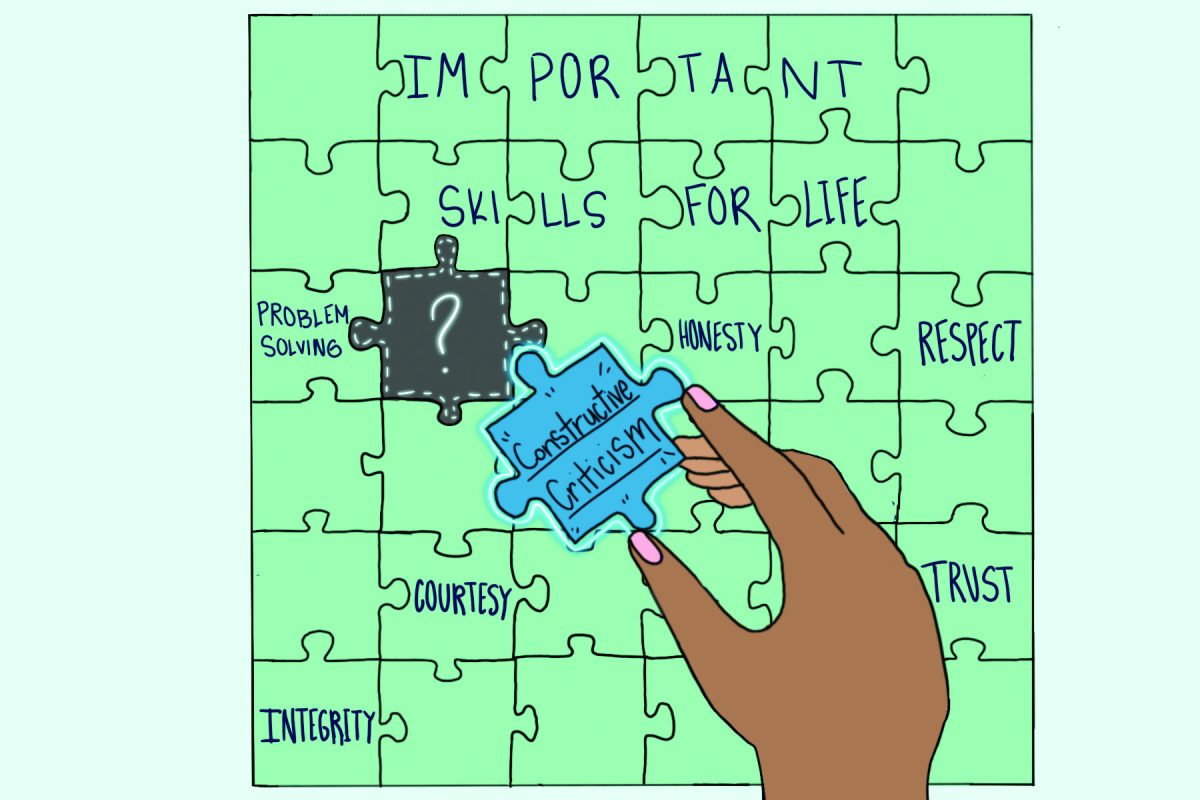We could be wrong, but we think students should stop softening their constructive criticism.
Was that convincing? Probably not. That is the point.
By cushioning constructive criticism with phrases like “I could be wrong, but…” or “This might just be me, but…” we encourage classmates to disregard our feedback as unhelpful by preemptively warning them that we sound unsure about the opinion we are presenting.If we water down our own suggestions, we are implicitly telling others not to take them seriously.
Disagreeing with others can be intimidating, but our feedback has value. We should recognize that our suggestions contribute to our classmates’ growth. We cannot fear offending others when we express our thoughts about ideas they have put forth. If students respond poorly to constructive criticism, their reaction reflects their own inability to accept feedback, not the validity of the feedback given. It is important not to put others down when providing suggestions, but remember that what people might not want to hear is often what they need to hear most. Our advice can help students succeed, even if they do not realize it at the moment.
If we stop softening our suggestions, we will be able to acknowledge that others are not being unkind when they themselves make direct suggestions. Knowing how to interact with feedback is a vital skill to build in high school for use beyond. Whether we like it or not, we will face situations where we have to offer feedback or deliver it to others. Changing the way we provide constructive criticism will help us present them more effectively and readily accept them from our peers when we are on the other end.
Our efforts to be kind to one another when presenting feedback are admirable. Yet in doing so, we prevent our peers from learning how to handle constructive criticism. In fact, we might actually hurt our classmates by failing to share our suggestions constructively. Being direct with our peers is an act of kindness in itself, because it allows us to truthfully contribute to their growth.
As high school students, we are in a unique position. Our thoughts and values are being shaped by peers with different views and an educational system intended to expose us to diverse perspectives. These four formative years allow us to emerge from high school with a set of beliefs that will guide us into adulthood. Offering peers a perspective they may have not considered is an opportunity we should embrace whenever possible. Our ideas and suggestions may prompt our peers to form crucial opinions that they will carry forever, which they may have otherwise ignore if we water them down.
We must stop softening our constructive criticism.
That’s better.


